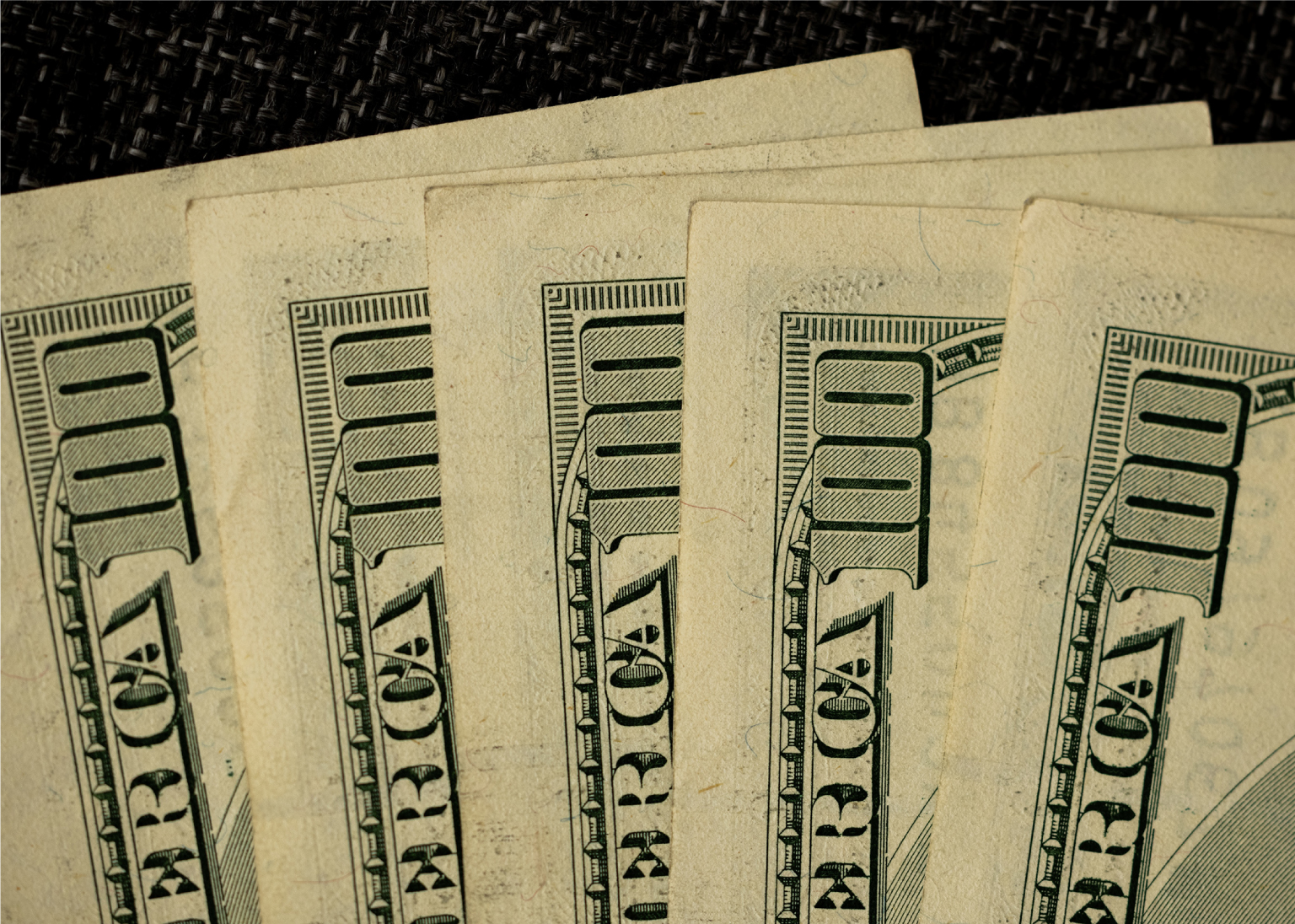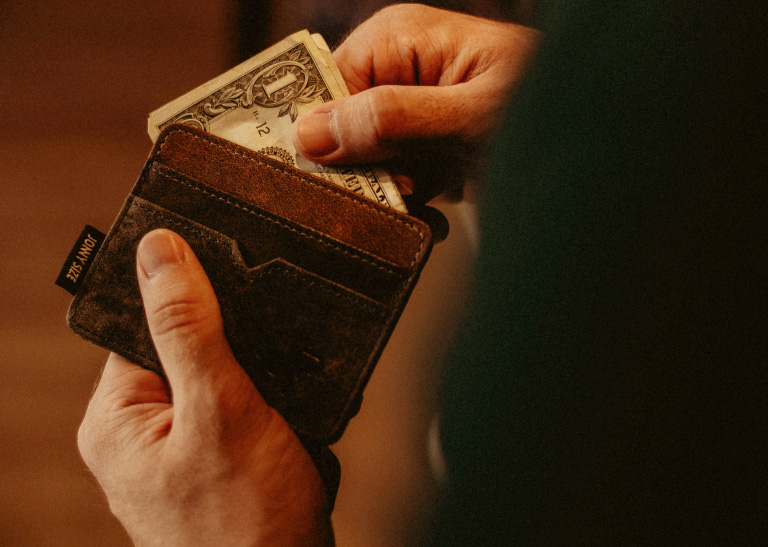News
Goldman Sachs: Brace for tariff inflation shock
The investment bank believes tariff hikes will increase core PCE by 1.44 percentage points over time
Read more about Goldman Sachs: Brace for tariff inflation shock
Foreclosures surge in Sun Belt hotspots, but don’t call it a crisis yet, analyst warns
Foreclosure filings rose 17% in the third quarter as homeowners grappled with high mortgage rates and job losses, but analysts say talk of a new housing crisis is overblown.
Read more about Foreclosures surge in Sun Belt hotspots, but don’t call it a crisis yet, analyst warns
Markets may be underestimating the economic fallout from U.S. government shutdown, El-Erian warns
Markets may be shrugging off the U.S. government shutdown, but economists warn that job losses, data gaps, and widening inequality could make it a real economic shock.
Read more about Markets may be underestimating the economic fallout from U.S. government shutdown, El-Erian warns
“The low inventory excuse doesn’t work anymore” — the peculiar reason why Americans are shunning real estate
The unraveling of the American Dream can no longer be explained away by low housing inventory, according to a housing analyst.
Read more about “The low inventory excuse doesn’t work anymore” — the peculiar reason why Americans are shunning real estate
A “recession into all-time highs” — the haves vs. have-nots in the U.S. economy
Record stock gains and an AI boom are fueling wealth at the top, but flat wages and fading job growth show much of Main Street is still stuck in recession.
Read more about A “recession into all-time highs” — the haves vs. have-nots in the U.S. economy
Did China just reveal its endgame for gold?
China’s deepening gold push — from record bullion reserves to yuan-based trading — signals a strategic bid to erode the dollar’s dominance and reshape the global financial order.
Read more about Did China just reveal its endgame for gold?
Auto debt meltdown? Car loan market suffers its worst hit since 2020
A sudden plunge in auto sector leveraged loans signals deepening credit stress, rising delinquencies, and cracks spreading from Wall Street to Main Street.
Read more about Auto debt meltdown? Car loan market suffers its worst hit since 2020
A “deeply stagflationary” turn: ISM data signals Fed’s growing dilemma
A sharp divergence in the ISM Services PMI shows inflation climbing and job growth fading
Read more about A “deeply stagflationary” turn: ISM data signals Fed’s growing dilemma
AI’s energy crunch: The boom that could blow the grid
As AI data centers race ahead, power demand is set to quadruple within a decade, pushing electricity costs higher and exposing a looming infrastructure crisis that could cap the AI revolution.
Read more about AI’s energy crunch: The boom that could blow the grid
WTO: Global trade will now begin grinding to a halt because of tariffs
Global trade will taper off significantly next year, according to a new report from the World Trade Organization
Read more about WTO: Global trade will now begin grinding to a halt because of tariffs
“We’re in the early stages of a monetary reset,” economist warns as central banks dump dollars for gold
As central banks load up on bullion and the greenback suffers its worst slide in decades, analysts warn a long-term “monetary reset” may be underway
Read more about “We’re in the early stages of a monetary reset,” economist warns as central banks dump dollars for gold
The Fed may be falling into a trap as 'true' inflation is still running hot
As the Fed cuts rates, households face rising costs that the CPI fails to adequately capture
Read more about The Fed may be falling into a trap as 'true' inflation is still running hot
Dollar’s decline threatens to push inflation back to 4%
A 10% slide in the U.S. dollar could lift inflation back toward 4%, undermining the Fed’s rate cuts just as political pressure builds from the Trump White House
Read more about Dollar’s decline threatens to push inflation back to 4%
AI boom, labor bust: The contradictions driving the Trump economy
U.S. GDP is surging even as job growth weakens — a contradiction that Apollo’s Torsten Slok says stems from AI adoption and falling immigration.
Read more about AI boom, labor bust: The contradictions driving the Trump economy
Boomers keep buying, young Americans keep waiting: The housing ladder is broken
Despite owning 40% of U.S. real estate wealth, Baby Boomers still dominate homebuying, leaving younger Americans priced out and falling behind.
Read more about Boomers keep buying, young Americans keep waiting: The housing ladder is broken
Subprime auto lender Tricolor’s collapse exposes fragility in credit markets
As Tricolor unravels and banks face losses, surging auto and credit card delinquencies warn of deeper cracks in household finances.
Read more about Subprime auto lender Tricolor’s collapse exposes fragility in credit markets
Labor market in freefall? Indeed job listings slide for third year running as AI, stagflation fears grow
The latest data from Indeed shows U.S. job postings barely above Covid-era levels, while businesses brace for mass workforce cuts amid AI disruption, fueling fears of stagflation
Read more about Labor market in freefall? Indeed job listings slide for third year running as AI, stagflation fears grow
America is ‘sitting out’ the largest trade of a generation as China quietly accumulates, strategist warns
As central banks hoard gold, the U.S. risks losing leverage by sitting out the rush, even as inflation and debt fears mount
Read more about America is ‘sitting out’ the largest trade of a generation as China quietly accumulates, strategist warns

















